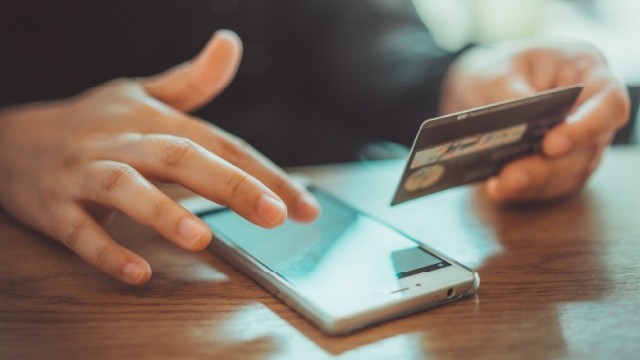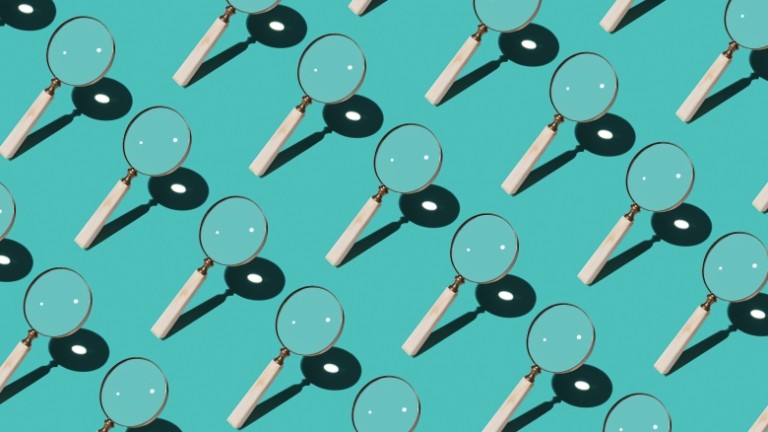Watch out for these COVID-19 scams
Scammers always find opportunity in a crisis, and the COVID-19 outbreak is no exception. From social media ads touting fake cures to criminals threatening to infect families with the coronavirus, new fraud schemes have emerged to capitalize on the fear and confusion.
More than 15,000 Americans have reported coronavirus-related frauds so far, with losses totaling nearly $12 million, according to the Federal Trade Commission. To help you guard against identity theft, our team has been tracking the latest fraud and scam reports related to COVID-19. Getting informed and staying vigilant are your best defenses against pandemic fraudsters.
Here are some of the most common scams to watch out for:
SNAP scams
As more families use food stamps as a resource during the pandemic, some scammers are targeting participants in the Supplemental Nutrition Assistance Program (SNAP). People have received unsolicited calls from what appears to be the program’s toll-free hotline, offering assistance with filling out a SNAP application. Others have clicked on web ads for the same service. In both cases, the scammer is after sensitive information such as your social security number, credit card number, or your SNAP EBT card or PIN number.
How to protect yourself:
- Ignore unsolicited text messages, phone calls and social media ads related to SNAP benefits.
- Contact your local SNAP office if you’re not sure whether a request for information is real.
- Don’t give out your credit or debit card number. SNAP employees and service providers will never ask you for it.
- Monitor the latest SNAP scam alerts from the USDA.
Phony COVID-19 tests
With COVID-19 tests in short supply, many people are left wondering if they’ve been infected. If you’re a Medicare beneficiary and someone offers you a test in exchange for personal information, such as your Medicare information, it’s a scam. According to the U.S. Department of Health and Human Services, such services are “unapproved and illegitimate.” The goal behind this scam is to bill the government for fraudulent insurance claims.
How to protect yourself:
- Be wary of any unexpected calls or visitors offering COVID-19 tests or supplies.
- Ignore social media ads and offers for COVID-19 testing or treatments.
- Consult a physician or other trusted healthcare provider to assess your condition and approve any requests for COVID-19 testing.
Fake CDC emails
As misinformation about the virus spreads online, it’s hard to know what sources to trust. According to the FBI, fraudsters are sending emails that appear to be from credible organizations such as the Centers for Disease Control and Prevention. Instead of sharing important information, these fake emails contain malware that can steal your personal data or hijack your computer until you pay the demanded ransom.
How to protect yourself:
- Never click links or open attachments you don’t recognize.
- Be wary of websites and apps that claim to track global cases of COVID-19.
Phishing for stimulus checks
Now that economic stimulus checks are on the way, some identity thieves are sending out emails asking you to verify your information in order to receive your check. These phishing scams are an attempt to collect your private data and exploit it for profit.
“While talk of economic stimulus checks has been in the news cycle, government agencies are not sending unsolicited emails seeking your private information in order to send you money,” says the FBI.
How to protect yourself:
- Ignore unsolicited emails regarding your economic stimulus check.
- Watch out for other potential phishing emails related to:
- Charitable contributions
- General financial relief
- Airline carrier refunds
- Fake cures and vaccines
- Fake testing kits
Counterfeit cures
We all want a cure for COVID-19, and researchers are working on it. In the meantime, be aware of anyone who tries to sell you a product that claims to prevent, treat, diagnose or cure the virus. The global shortage of personal protective equipment (PPE) has given rise to a host of counterfeit respirator masks, goggles, full face shields, protective gowns, gloves and sanitizing products.
How to protect yourself:
- Learn more about unapproved or counterfeit PPE.
- Report counterfeit products to the FBI and the National Intellectual Property Rights Coordination Center.
Social distancing can help keep you safe from COVID-19, but awareness is your best shield against scammers. Once you know what to look for, you can safeguard your private information by dodging whatever phishing emails, fraudulent phone calls and sketchy social media ads come your way.


